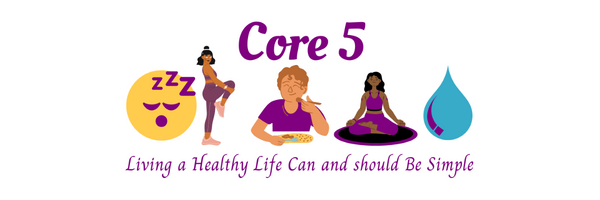Are you done laughing awkwardly about how absurd you think this question is and actually considering it? Okay, good.
Sometimes, the simplest of questions can bring up some surprising insights when we examine them closely. So, what’s so great about a culture that fetishizes winning?
To be clear, we’re not talking about the activities that lead to winning/losing, but the pressure and desire to always be winning.
For example, team sports, especially for kids with a good influence of a coach, can be a great way to build friendships and learn to win with humility and lose with grace.
Healthy competition can be great — though with the overall conduct of professional athletes, it’s not a given for everyone to see regular examples of healthy competition. (But you know, those grown adults play with a ball for a living, so let them do whatever they want, right? It’s a silly world.)
So, what’s not so great about pushing “winning” at every turn?
In a society that fetishizes success and winning, it can be a bit out there to even consider this. Sure, we love awards, shiny trophies, maybe money. It might mean we’re skilled or have put hard work into something. We get our few seconds of fame and our claps.
But, what’s not so great about a blind focus on winning?

- We gradually lose our ability to deal healthily with change or with outcomes we dislike
- We don’t get consistent opportunities to build resilience, or compassion and softness for others
- As a result, we have grown adults all throughout our society who lie and cheat just to win, often paying little consequence for it… and this is normal now
- Children are growing up thinking that winning and success, however those are defined in their household, are above respect, honor, and health
Is winning something we love solely for social validation?

Is it our unquenchable want for more hits of dopamine? Are people who push winning just junkies trying to get their fix? Or is there more to it?
Building our ability to lose with grace and to reframe “failure” or “losing” to “corrections to make” and “opportunity to change/tweak something” can lead to a less painful, more energizing, and exciting life.
What is so great about winning, really? Food for thought.

